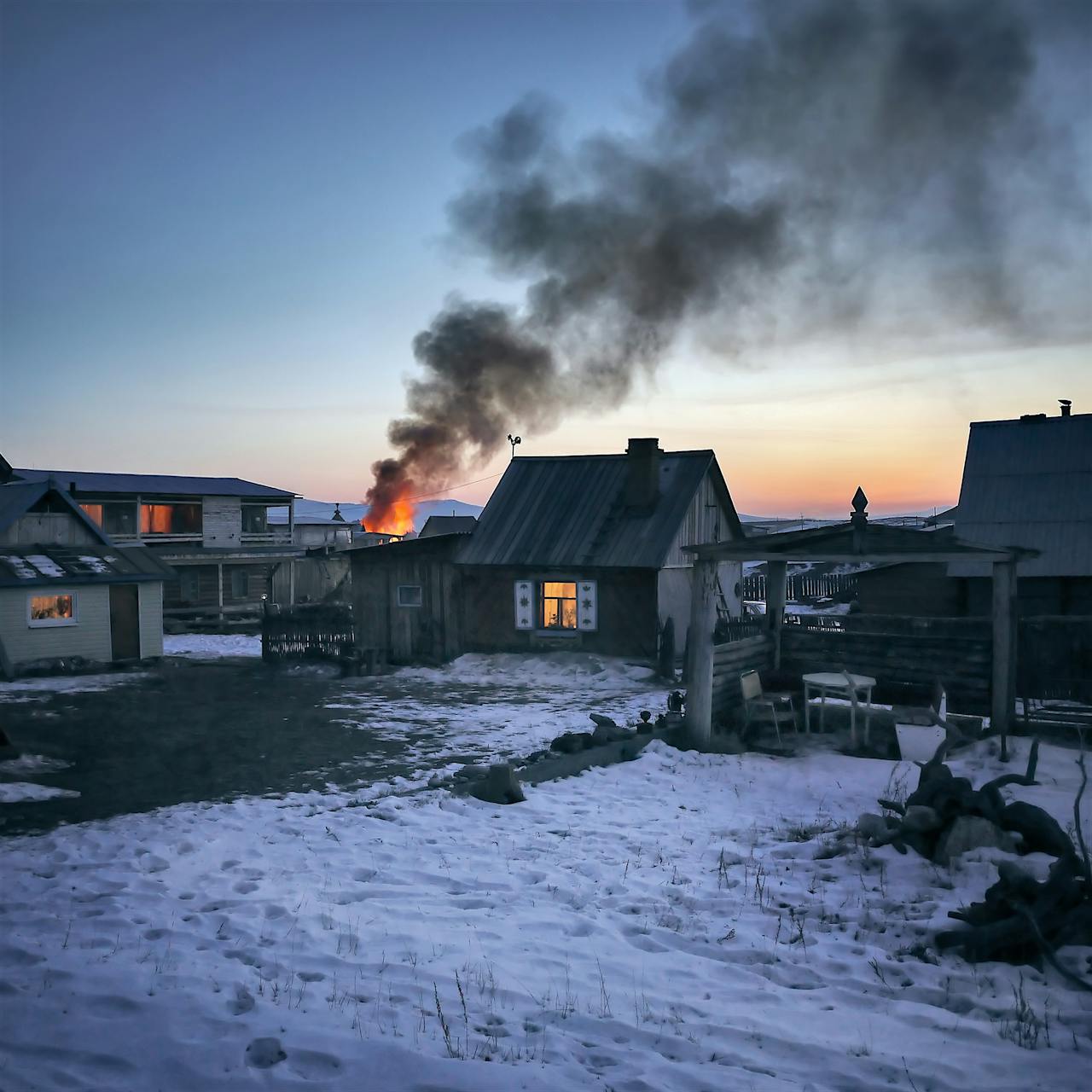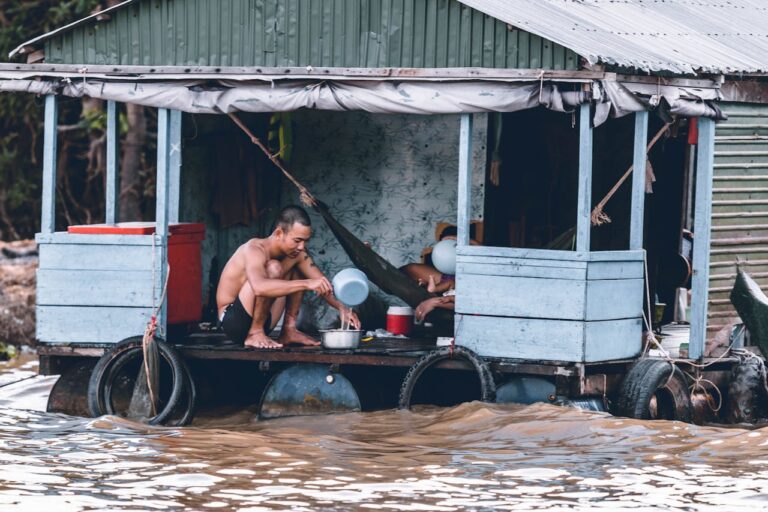Rising from the Ashes: Understanding and Preventing House Fires
Rising from the Ashes: Understanding and Preventing House Fires, House fires, devastating disasters, pose grave risks to lives and properties….
Rising from the Ashes: Understanding and Preventing House Fires, House fires, devastating disasters, pose grave risks to lives and properties. Understanding common causes like electrical malfunctions, cooking accidents, and heating equipment failures, along with preventive measures such as smoke alarms, escape plans, and fire-safe practices, is crucial for home safety.
House fires are among the most devastating disasters a family can face. Beyond the physical destruction of property, they can cause irreparable harm to lives and families. In this article, we’ll delve into the causes, consequences, and preventive measures for house fires.
The Anatomy of a House Fire
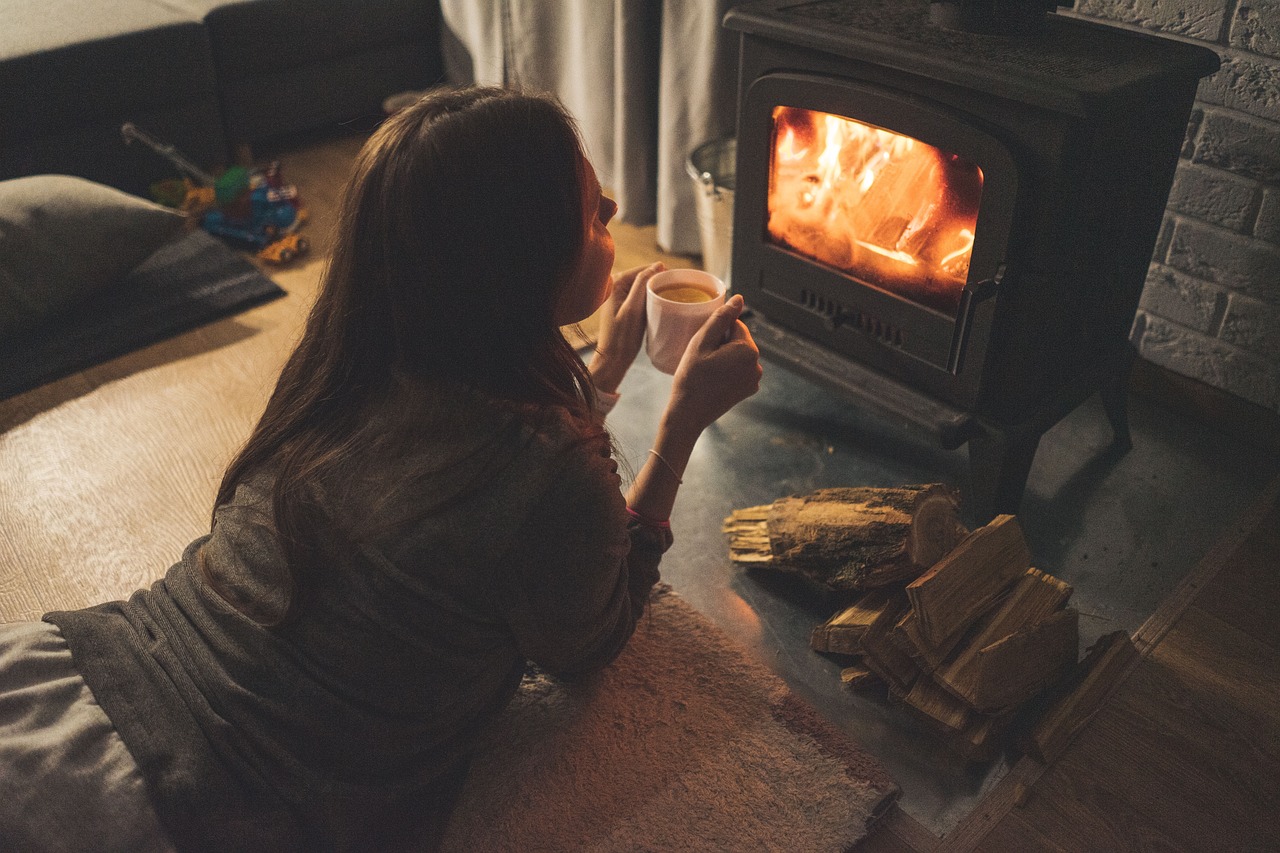
House fires can start from various sources, including electrical malfunctions, cooking accidents, heating appliances, and even arson. Once ignited, they can spread rapidly, fueled by combustible materials within the home. The flames produce intense heat and toxic smoke, posing severe risks to occupants.
- Electrical Malfunctions: Faulty wiring, overloaded circuits, and damaged appliances can spark electrical fires.
- Cooking Accidents: Unattended stoves, grease fires, and flammable kitchen materials are common culprits.
- Heating Appliances: Improperly maintained furnaces, space heaters, and fireplaces can trigger fires.
- Arson: Deliberate acts of arson, while less common, can result in catastrophic damage and loss of life.
The Devastating Impact
The aftermath of a house fire is often heartbreaking. Lives may be lost, homes reduced to ashes, and cherished belongings destroyed. The physical and emotional toll on survivors can be immense, requiring extensive support and rehabilitation.
- Loss of Life: House fires claim thousands of lives each year, leaving families shattered by grief and loss.
- Property Damage: Homes ravaged by fire may be rendered uninhabitable, necessitating costly repairs or reconstruction.
- Emotional Trauma: Survivors of house fires often struggle with post-traumatic stress disorder (PTSD) and other psychological challenges.
Preventive Measures
While house fires can be devastating, many are preventable through proactive measures and safety precautions. By implementing the following strategies, homeowners can significantly reduce the risk of fire-related incidents.
How to Keep Your Home Safe from House Fires: Essential Tips for Homeowners
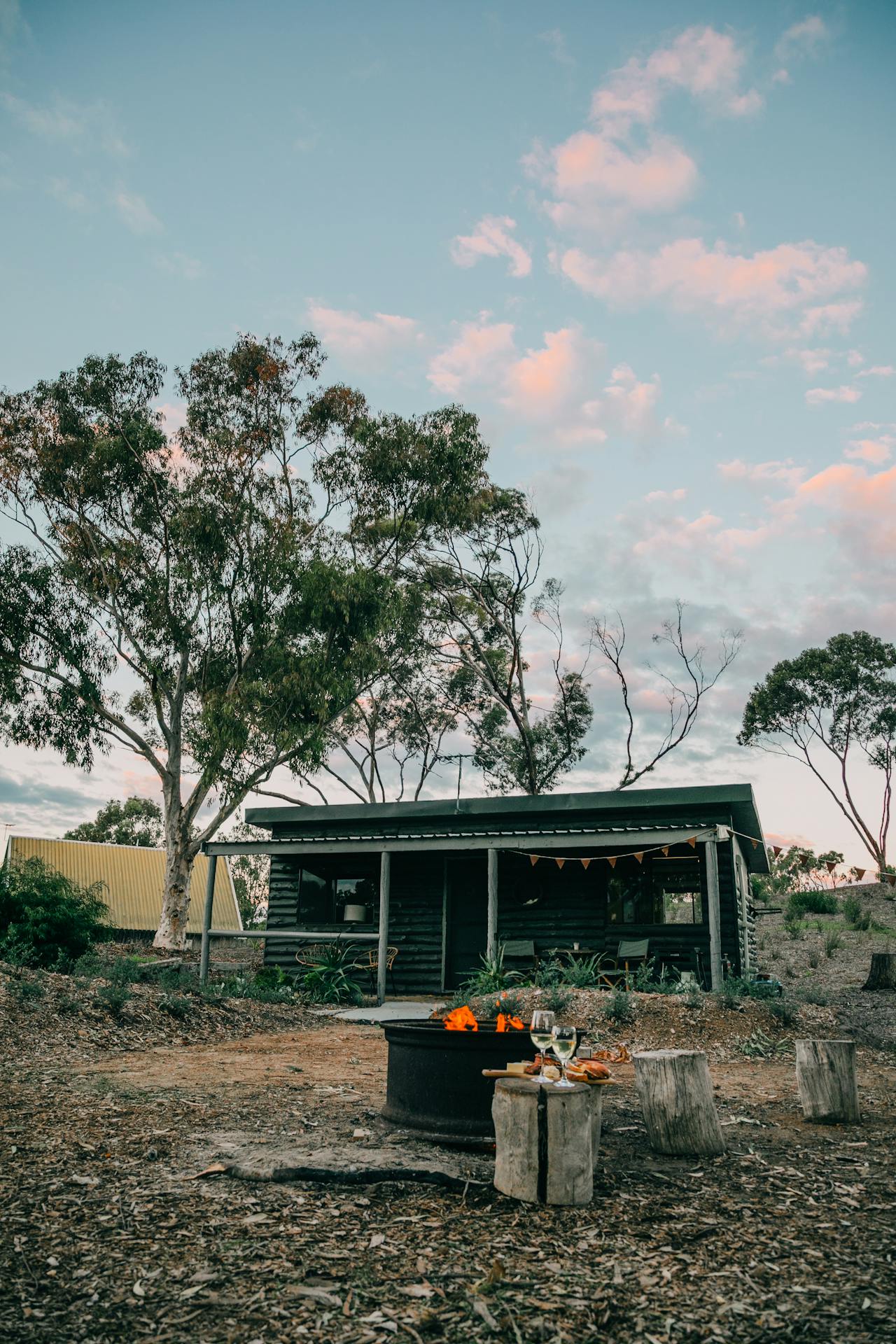
Protecting your home from the threat of house fires is crucial for the safety of your family and the preservation of your property. By understanding the risks and implementing preventive measures, homeowners can significantly reduce the likelihood of a devastating fire. In this comprehensive guide, we’ll explore essential tips and strategies to keep your home safe from house fires.
Fire Safety Education
One of the most effective preventive measures is education. Homeowners should familiarize themselves and their families with fire safety practices, including:
- Smoke Alarms: Install smoke alarms on every level of the home and test them regularly.
- Escape Plans: Develop and practice escape routes with family members, ensuring everyone knows how to exit safely in the event of a fire.
- Fire Extinguishers: Keep fire extinguishers accessible and learn how to use them properly.
- Emergency Numbers: Post emergency contact information near telephones and teach children how to call for help.
Home Maintenance
Regular maintenance and inspections are essential for identifying and addressing potential fire hazards. Homeowners should:
- Electrical Systems: Have electrical systems inspected by qualified professionals and address any issues promptly.
- Appliance Maintenance: Regularly clean and maintain appliances to prevent overheating and malfunctions.
- Heating Equipment: Schedule annual inspections for furnaces, chimneys, and other heating appliances.
- Flammable Materials: Store flammable materials, such as gasoline and cleaning products, in well-ventilated areas away from heat sources.
Fire-Safe Practices
Practicing fire-safe behaviors can significantly reduce the risk of house fires. Homeowners should:
- Cooking Safety: Never leave cooking unattended and keep flammable materials away from stovetops.
- Smoking Precautions: Use designated smoking areas and dispose of cigarette butts properly.
- Candle Safety: Use candles with caution, placing them on stable surfaces away from flammable materials and extinguishing them before leaving the room.
House fires are devastating events with far-reaching consequences. By understanding the causes, consequences, and preventive measures for house fires, homeowners can take proactive steps to protect their families and properties. Through education, maintenance, and fire-safe practices, we can work together to reduce the risk of house fires and keep our communities safe.
You are reading: Rising from the Ashes: Understanding and Preventing House Fires
Also Read: Exploring Cheslie Kryst’s Memoir: ‘By the Time You Read This’ Join TELEGRAM
Frequently Asked Questions About House Fire Safety
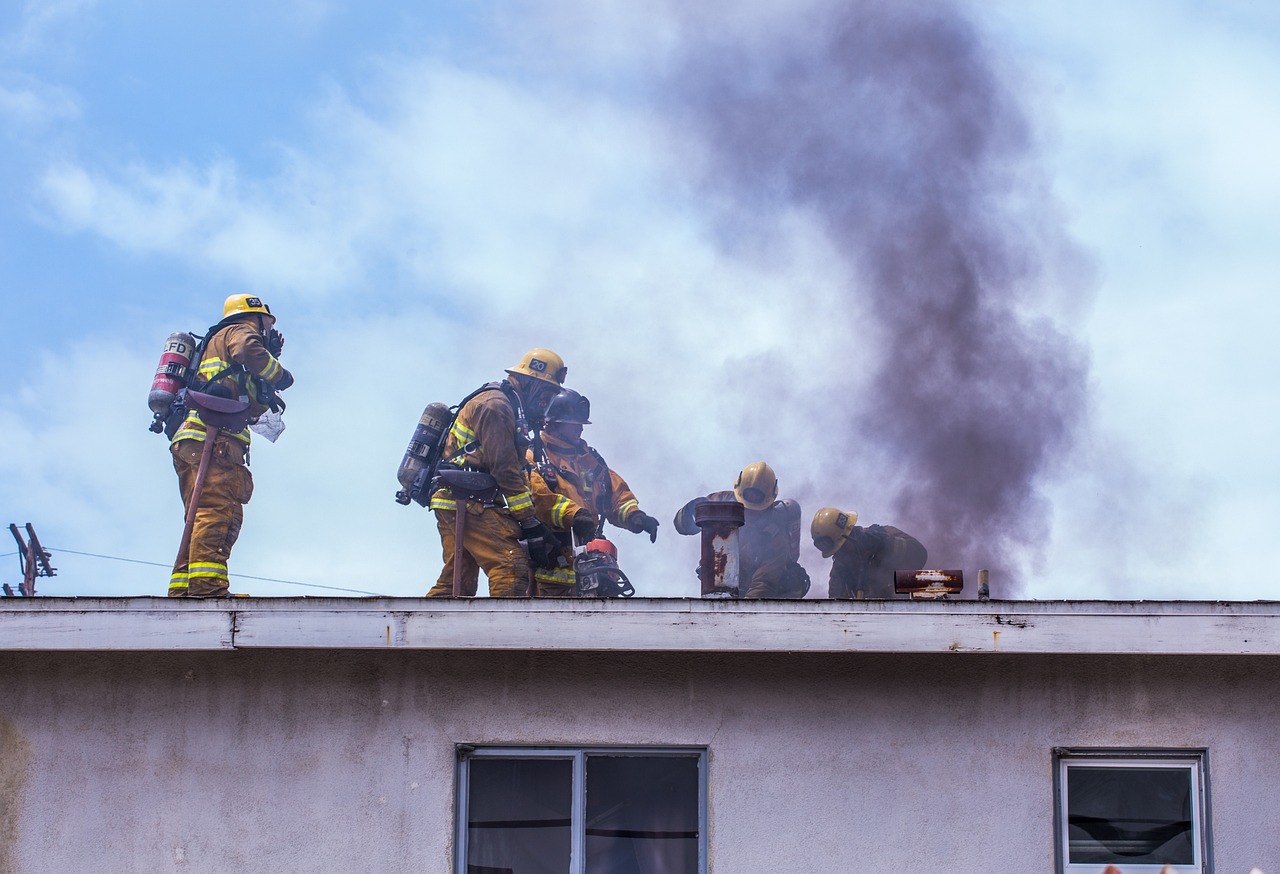
1. What are the common causes of house fires?
House fires can be caused by various factors, including electrical malfunctions, cooking accidents, heating equipment failures, smoking materials, and arson.
2. How can I prevent house fires?
- Install smoke alarms on every level of your home and test them monthly.
- Develop and practice a fire escape plan with all family members.
- Practice fire-safe cooking habits and never leave cooking unattended.
- Keep flammable materials away from heating appliances and maintain them regularly.
- Be mindful of electrical safety by avoiding overloading outlets and extension cords.
3. What should I do if a fire breaks out in my home?
- Alert everyone in the household and evacuate immediately.
- Crawl low under smoke and use the back of your hand to feel doors for heat before opening them.
- If your clothes catch fire, stop, drop to the ground, and roll to smother the flames.
- Call emergency services once you’re safely outside the home.
4. How can I protect my family while asleep from a potential house fire?
- Install smoke alarms inside and outside sleeping areas.
- Close bedroom doors while sleeping to help prevent the spread of smoke and flames.
- Develop and practice a fire escape plan that includes multiple exit routes from bedrooms.
5. What should I do if I live in an apartment building and a fire occurs?
- Know the location of emergency exits and stairwells in your building.
- Avoid using elevators during a fire, as they may malfunction or become trapped.
- If smoke is present, stay low to the ground and cover your mouth with a cloth to reduce smoke inhalation.
6. How often should I replace smoke alarm batteries?
Replace smoke alarm batteries at least once a year, and test smoke alarms monthly to ensure they’re functioning properly.
7. Are there any precautions to take when using heating appliances?
- Keep flammable materials, such as blankets and curtains, at least three feet away from heating appliances.
- Never use extension cords with space heaters, and plug them directly into wall outlets.
- Turn off space heaters before leaving the room or going to bed.
8. What should I do if my clothes catch fire?
Remember to stop, drop to the ground, cover your face with your hands, and roll back and forth to extinguish the flames.
9. How can I teach my children about fire safety?
- Teach children what smoke alarms sound like and what to do if they hear them.
- Practice fire drills regularly with children and review the fire escape plan.
- Teach children to never play with matches or lighters and to notify an adult if they find them.
10. Is it necessary to have a fire extinguisher in my home?
Yes, having a fire extinguisher in your home can be crucial for quickly extinguishing small fires before they spread. Make sure everyone in the household knows how to use it properly.
11. What steps can I take to prevent electrical fires?
- Avoid overloading electrical outlets by using power strips with built-in surge protectors.
- Replace damaged or frayed electrical cords and avoid running them under rugs or furniture.
- Hire a licensed electrician to inspect and update your home’s electrical wiring if needed.
12. Are there any precautions to take with candles?
- Never leave candles unattended, and extinguish them before leaving the room or going to sleep.
- Keep candles on stable, heat-resistant surfaces away from flammable materials like curtains or paper.
- Consider using flameless LED candles as a safer alternative.
13. How can I protect important documents and valuables in case of a fire?
- Store important documents, such as passports and birth certificates, in a fireproof safe or waterproof container.
- Consider keeping digital copies of important documents stored securely in the cloud.
- Photograph or video record your home and its contents for insurance purposes.
14. What should I do if I live in a wildfire-prone area?
- Create a defensible space around your home by clearing vegetation and debris.
- Use fire-resistant materials for roofing and siding, and install spark arrestors on chimneys.
- Have an evacuation plan in place and stay informed about wildfire alerts and evacuation orders.
15. How can I ensure my smoke alarms are functioning correctly?
- Test smoke alarms monthly by pressing the test button and listening for the alarm sound.
- Replace smoke alarm batteries at least once a year, and replace the entire smoke alarm unit every 10 years.
16. What should I do if a fire occurs while I’m cooking?
- If a small grease fire occurs on the stove, carefully cover the pan with a lid and turn off the burner.
- Never use water to extinguish a grease fire, as it can cause the flames to spread.
- If the fire is spreading or out of control, evacuate the kitchen and call emergency services.
17. How can I ensure my family members with disabilities are prepared for a fire emergency?
- Develop a personalized emergency evacuation plan that addresses the specific needs of individuals with disabilities.
- Install smoke alarms with strobe lights or bed shaker attachments to alert individuals with hearing impairments.
- Practice the evacuation plan regularly to ensure everyone knows their roles and responsibilities.
18. Are there any precautions to take with holiday decorations?
- Use flame-retardant or non-combustible decorations whenever possible.
- Keep holiday decorations, especially lights, away from heat sources like candles or fireplaces.
- Turn off holiday lights before going to bed or leaving the house.
19. Should I have a fire extinguisher in my car?
- It’s a good idea to have a small fire extinguisher in your car, especially for long road trips or if you live in a remote area.
- Make sure the fire extinguisher is rated for use on Class B (flammable liquids) and Class C (electrical) fires, which are most likely in a vehicle fire emergency.
20. Where can I find more information about fire safety and preparedness?
- Contact your local fire department or visit their website for fire safety tips, resources, and information about fire prevention programs in your community.
- The National Fire Protection Association (NFPA) and the American Red Cross also offer comprehensive fire safety resources and educational materials online.
